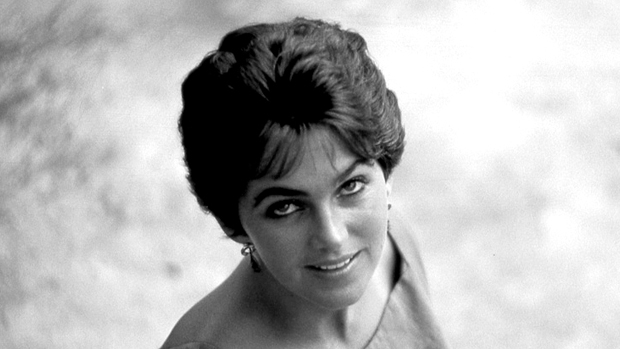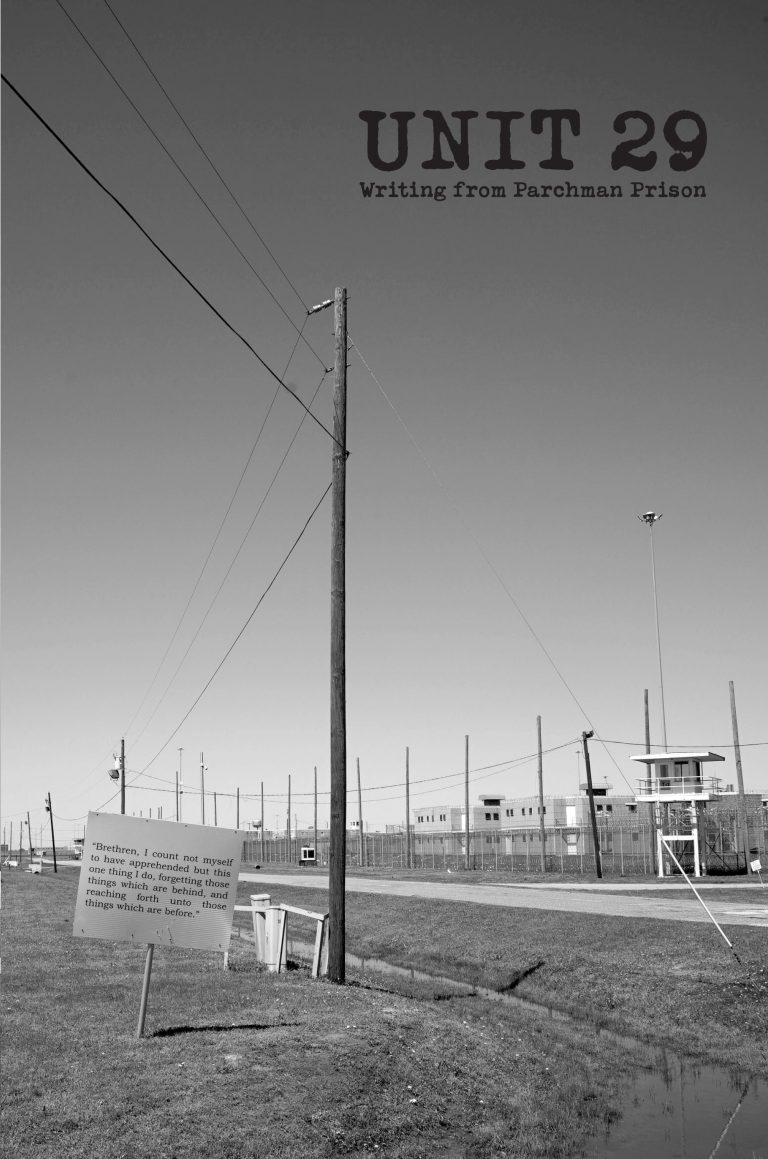
GEDSC DIGITAL CAMERA
The name kept coming to me near the end of the summer.
Lucia Berlin.
Short story writer.
On NPR, in the New Yorker and Kirkus Review—through the open window it seemed—came word of a superb collection of stories by a deceased author worthy of greater notoriety. Then, reading in bed in the middle of the afternoon, I perused the summer 2015 issue of the Paris Review [No. 213] and found a story in the back titled “B.F. and Me.”
Finally, the recognition hit me hard enough to bounce around the gray walls of the room: I know this person. I have written about this person, a wanderer who wrote sentences like this: “Bad smells can be nice…at bullfights I always liked to sit high up, in order to see it all, like at the opera, but if you sit next to the barrera you can smell the bull.”
Back in 2008, when I wrote for television in Los Angeles, I was hanging out near a picnic table behind a club for people who drink a lot of coffee and try to sit still for an hour in an attempt to learn things that are of use in a world of bad smells.
[For reference, see the Berlin story, “Her First Detox.”]
There, while scribbling in a notebook, I fell into conversation with a man who said that his mother had been a writer.
“A real writer,” said Dan Berlin, adding that she’d passed away a few years earlier, in 2004.
In Hollywood—a closed yet curiously porous society described by Bukowski as cruel, corrupt, and stupid—the coronation of someone as “a real writer” got my attention.
“She worked as a cleaning lady to raise me and my brothers,” said Dan. “And she just kept sending stuff out. Eventually she got published.”
I looked up Lucia Berlin, discovered was published by Black Sparrow Press as was Bukowski, and wrote a column about her for a small weekly newspaper in Providence, Rhode Island. And then moved on to Zen and the Art of Motorcycle Maintenance and lost Lucia in the dark and crowded stacks of a lifelong reader’s mind.
Now came the fusillade of praise for A Manual for Cleaning Women, an anthology of Berlin stories published in August by Farrar, Straus, and Giroux. It was with happiness that I again tracked down Dan Berlin for a second conversation about his mother, at long last celebrated.
Dan said his mother “finally got a real publisher,” and I asked him if she’d died a bitter writer.
“Maybe, could be,” he said. “I think she had more guilt and shame over personal reasons than her professional career. A lot of our family history is in those stories. It’s a little odd, brings up old memories.”
“Her First Detox” and “Teenage Punk” are especially difficult time warps for Dan, who works as a sound engineer on television shows.
A Manual for Cleaning Women is a candidate for the 2015 National Book Award and Pulitzer Prize and if it wins, the woman who paid for those stories with her life will not be here to accept, much less bask.
When fame, money, and women finally found Bukowski near the end of his own life, he observed that “it came too late.” Old Hank—who would have enjoyed bending an elbow with the dark and alluring Berlin—had to be grateful that he was around to see any of it. ![]()



